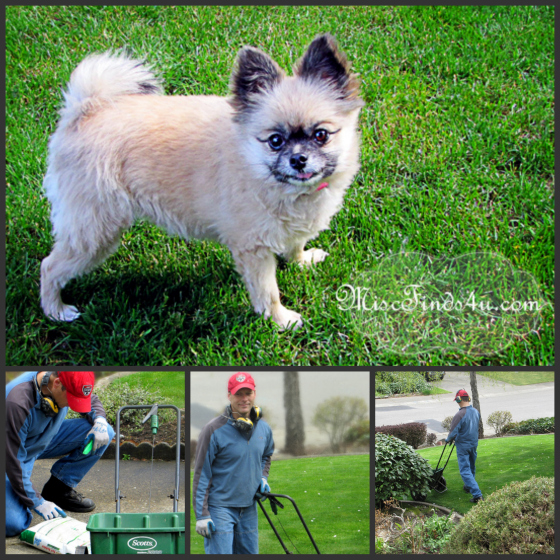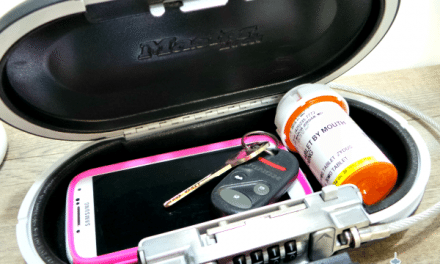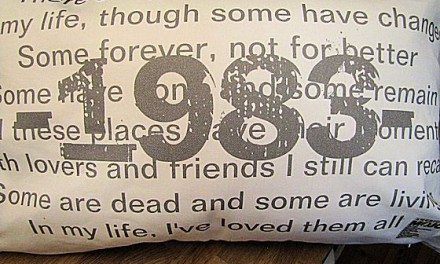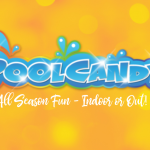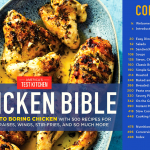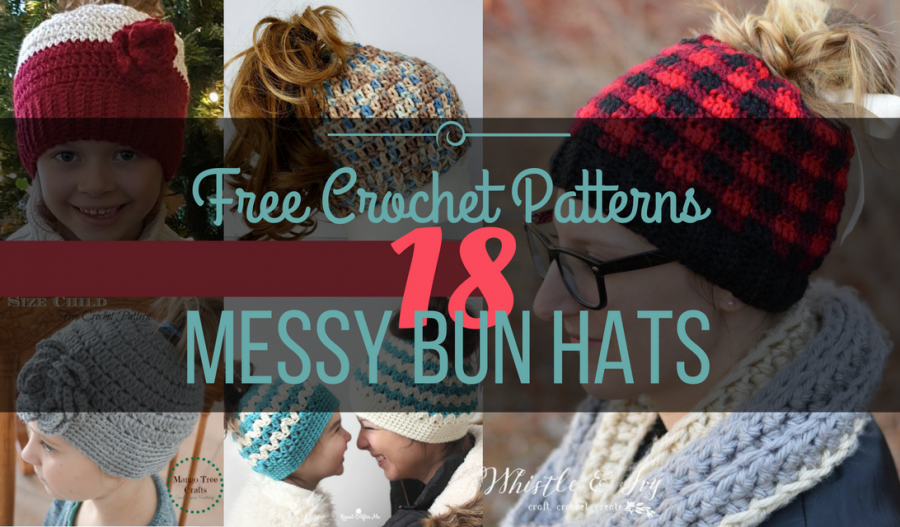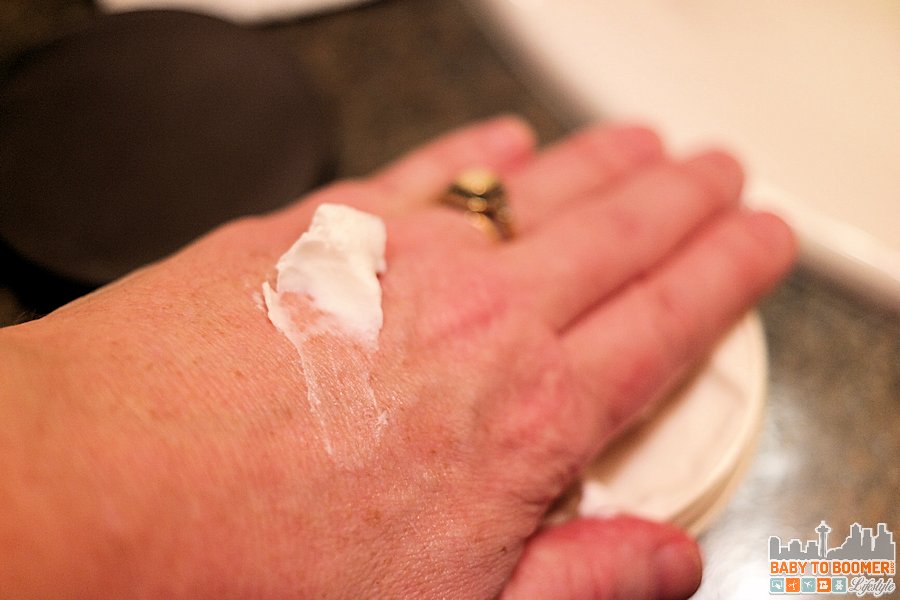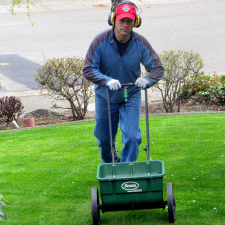
The hubby is a 4 times a year weed & feed kind of guy. The benefit is that by the time summer rolls around, our grass is lush, thick, and green with deep roots so it can survive the summer with just a little water. It also means that weeds have a tougher time taking over the lawn.
Does all these added nutrients mean he mows twice a week? Yep, and year round unless we have a particularly cold winter. We giggle every time he feeds it that he’s just increasing his time in the yard, but as you can see, he likes it.
When should you fertilize your grass?
It depends on your location but generally early spring to help the lawn recover from winter (March) and late spring (June in Seattle). It also encourages root growth which will help in the upcoming warmer months. Early fall – after the hottest part of the summer. For us that’s September and then again in late fall (Early December in mild climates like Seattle).
The hubby generally uses the pet and child safe Scotts Turf Builder fertilizer, although I’m not a fan of lawn fertilizer and I wish he’d use organic. I’m just thrilled that he’s actually willing to use a pet-friendly version as we have three pups. I do keep them off of it immediately after feeding and for a few days. Two of our dogs are very small, it just seems safer. I’d do the same with kids.
We also only water as much as necessary to keep the lawn healthy and we make sure that none of our water runs off the lawn and into the storm drain. Fertilizers are bad for streams and fish, so only use as much as you need, don’t over feed, and don’t overwater to keep the environment around you healthier
Need help with your lawn? Get lawn feeding tips and schedules for your area as well as feeding reminders from Scotts online. Sign up for the Scott’s newsletter and you’ll receive information on specials.
Disclosure: I received a coupon for Scotts Turf Builder in order to write this review for the One2One Network. All opinions are my own.
Related articles
- Make a Bird Feeder from Found and Recycled Objects (miscfinds4u.com)
- It’s BBQ Season and that Means Cooking With Coca-Cola – Win it! (miscfinds4u.com)
- I Wish I Knew What Was Eating My Broccoli So I Could KILL It! (miscfinds4u.com)


